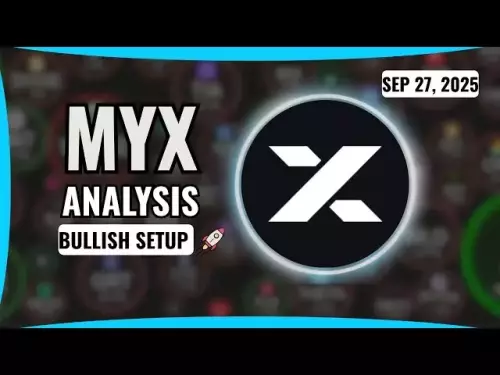South Korea is seeing a surge in flagged crypto transactions, raising concerns about illegal foreign remittances and the role of stablecoins. Is this a local issue or a global trend?

South Korea's crypto landscape is getting a serious makeover. Authorities are reporting a record spike in suspicious crypto transactions, with numbers already dwarfing the combined totals of the past few years. This isn't just a blip on the radar; it's a full-blown trend that's got regulators scrambling.
Alarming Numbers: A Deep Dive into the Data
According to data from the Financial Intelligence Unit (FIU), local virtual asset service providers (VASPs) filed a whopping 36,684 suspicious transaction reports (STRs) between January and August 2025. To put that in perspective, that's more than the total STRs filed in 2023 and 2024 combined. We're talking about a significant jump, signaling a potential surge in illicit activities.
Hwanchigi Schemes and Stablecoin Shenanigans
So, what's behind this surge? Officials point to “hwanchigi,” or illegal foreign exchange remittances, as a major culprit. These schemes involve converting criminal proceeds into crypto using offshore platforms, routing them into domestic exchanges, and then cashing out in won. Think of it as a high-tech money laundering operation.
Stablecoins, particularly Tether (USDT), are also playing a role. Remember the underground broker who allegedly moved $42 million between South Korea and Russia using USDT? These cases highlight how stablecoins, while offering faster payments, can also be exploited for illicit flows.
A Global Problem?
South Korea's situation isn't unique. Regulators worldwide are grappling with the challenges of balancing innovation with the need to combat financial crime. The European Union's Markets in Crypto-Assets (MiCA) regulation, for example, aims to address illicit cross-border transaction risks by requiring issuers to be licensed and capping large stablecoin volumes. It is indeed a global problem, South Korea just happens to be at the forefront.
My Take: Regulation is Key, But It Needs to Be Smart
It's clear that regulation is necessary to curb suspicious crypto activity. However, heavy-handed measures could stifle innovation and drive legitimate businesses offshore. The key is to strike a balance – implementing smart regulations that enhance transparency and prevent illicit flows without hindering the growth of the crypto industry. We have seen similar regulation in the EU with MiCA, and we are seeing the effects it has on the market already.
What does this mean for you?
As for everyday investors, it's a reminder to stay vigilant and do your homework. Be aware of the risks associated with crypto transactions, and only use reputable exchanges and platforms. If something seems too good to be true, it probably is!
So, there you have it – the lowdown on South Korea's crypto crackdown. It's a complex issue with no easy solutions, but one thing's for sure: the world is watching, and the crypto landscape is changing, probably for the better!











































































